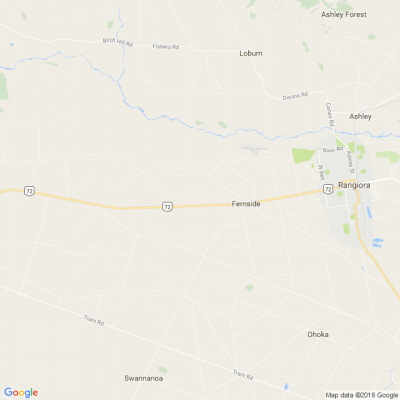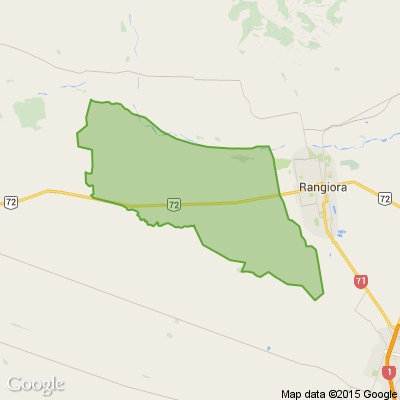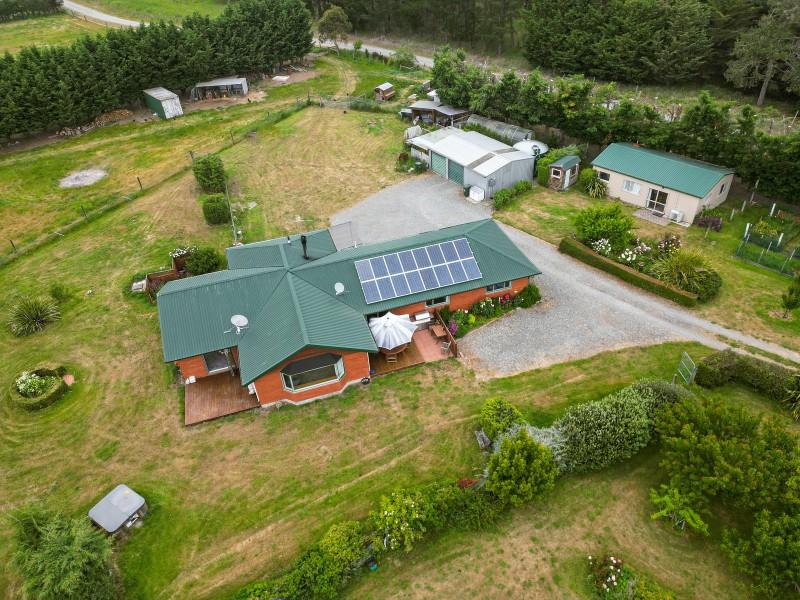Family considers moving to double accommodation supplement
By David Hill, Local Democracy
A Pegasus mum says her accommodation supplement would almost double if she lived in the neighbouring Canterbury town of Woodend, just a few minutes down the road.
The woman, who Local Democracy Reporting agreed not to name, rents a three-bedroom house in Pegasus for herself and one child at $560 a week and receives an $80 accommodation supplement on top of her ACC payments.
If she lived in Woodend or Rangiora - 3km or 8km away - she would receive $155 a week.
Every area is divided into one of four accommodation supplement zones, which can determine how much support they can access.
‘‘When I first came here seven years ago the rent was $400 a week.
‘‘It has gone up by $60 a week in the last 12 months and the accommodation supplement doesn’t keep up with that.’’
She has been looking to move Woodend or Rangiora, but there are few rental properties available.
Waimakariri mayor Dan Gordon said the accommodation supplement classifications were ‘‘completely out of date’’.
‘‘It is my understanding that the maximum payment setting for the accommodation supplement has only been reviewed twice in more than 20 years.
‘‘It has never cost so much to run a household and having the extra money in the accommodation supplement will be life changing for some people.’’
Gordon said he planned to raise the issue at the Canterbury Mayoral Forum.
A quick search on Trade Me found just 28 properties for rent in Pegasus, Woodend, Ravenswood, Rangiora and Kaiapoi with three or more bedrooms, all ranging between $540 and $680 a week.
The Ministry of Social Development (MSD) has confirmed Pegasus is classified as ‘‘area 4’’, which is the lowest of four classifications.
‘‘Every town, city and rural area across New Zealand falls into one of four accommodation supplement areas,’’ general manager housing and employment Hayley Hamilton said.
The classifications were established in the Social Security Act 2018, when the Government updated accommodation supplement area boundaries and increased the payment rates, she said.
People living in ‘area 1’, including Auckland and Queenstown, may qualify for the highest maximum accommodation supplement weekly payments, while those living in ‘area 4’ qualify for the lowest rates.
Area 2 includes Christchurch, Rangiora, Woodend, Oxford and Amberley, while Kaikōura and Hanmer Springs are listed in area 3.
Hamilton said some people may quality for temporary additional support.
Any changes would be a decision for government ministers, she said.
In March, Social Development Minister Louise Upston announced she had commissioned advice on changes to the accommodation supplement.
It followed concerns the area classifications were not keeping up with urban growth in the Queenstown area.
‘‘The use of outdated geographic information and classifications by MSD has seen some households receive a lower accommodation supplement than they otherwise would,’’ Ms Upston said at the time.
‘‘The issue is particularly pronounced in Queenstown and exists in a small number of other areas where there has been rapid urban expansion.’’
There is no update on when this will be resolved, leaving people struggling to keep up with rising rents.
■ LDR is local body journalism co-funded by RNZ and NZ On Air.
Best way to use leftovers?
I'm sure you've got some excess ham at home or cold roast potatoes.
What are some of your favourite ways to use leftover food from Christmas day? Share below.

⚠️ DOGS DIE IN HOT CARS. If you love them, don't leave them. ⚠️
It's a message we share time and time again, and this year, we're calling on you to help us spread that message further.
Did you know that calls to SPCA about dogs left inside hot cars made up a whopping 11% of all welfare calls last summer? This is a completely preventable issue, and one which is causing hundreds of dogs (often loved pets) to suffer.
Here are some quick facts to share with the dog owners in your life:
👉 The temperature inside a car can heat to over 50°C in less than 15 minutes.
👉 Parking in the shade and cracking windows does little to help on a warm day. Dogs rely on panting to keep cool, which they can't do in a hot car.
👉 This puts dogs at a high risk of heatstroke - a serious condition for dogs, with a mortality rate between 39%-50%.
👉 It is an offence under the Animal Welfare Act to leave a dog in a hot vehicle if they are showing signs of heat stress. You can be fined, and prosecuted.
SPCA has created downloadable resources to help you spread the message even further. Posters, a flyer, and a social media tile can be downloaded from our website here: www.spca.nz...
We encourage you to use these - and ask your local businesses to display the posters if they can. Flyers can be kept in your car and handed out as needed.
This is a community problem, and one we cannot solve alone. Help us to prevent more tragedies this summer by sharing this post.
On behalf of the animals - thank you ❤️












 Loading…
Loading…












